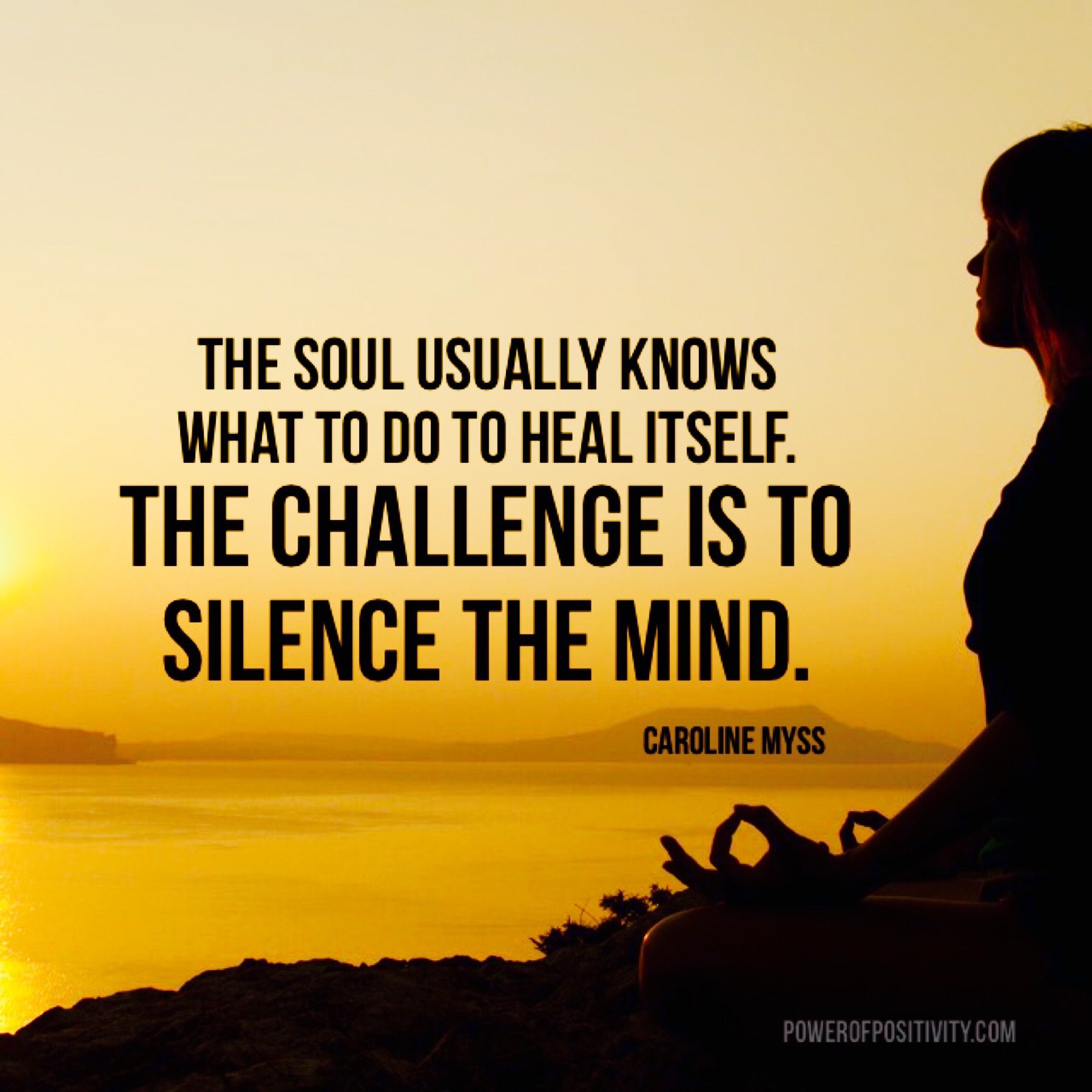
What is Meditation?
Meditation is an altered state of consciousness that differs from the awake state. During meditation the goal is to focus on the breath, a sound, a visualization, or even a specific movement to achieve a relaxed state. Meditation’s origination is heavily rooted in religious practices of the Hindu and Buddhist religions.
Dr. Herbert Benson discovered the relaxation response and helped to bring meditation to the mainstream during the 1960s and 1970s. The relaxation response is a person’s ability to direct the release of brain signals and chemicals that allow the body’s organs and muscles to slow down and increase blood flow to the brain. This response is the opposite of the fight or flight mechanism in our body. During meditation the goal is to achieve the relaxation response in order to experience the physical and psychological benefits associated with this response.
Here is what Psychological and Behavioral Scientists have found:
Researchers at John’s Hopkins University went through over 19,000 research studies involving meditation. They narrowed their findings down to just 47 trials that met criteria for well-designed studies. Their findings suggested that mindful meditation can help ease psychological stresses such as anxiety, depression, and pain.
The U.S. Army Research Laboratory spent a year collaborating with a team of scientists from the university of North Texas to develop a new data processing technique that uses heart rate variability as a sensor to monitor the state of the brain. The researchers developed a way to measure the change in the level of stress, provided by meditation. They were able to indicate precisely how much stress is alleviated by control of the heart-brain coupling through meditation.
During the Army’s research it was found that the long-term practice of mediation has the effect of making permanent the meditation-induced physiologic changes. In the study the participants who mediated showed a stronger executive control which is the ability to carry out goal-oriented behavior, using complex mental processes, and cognitive abilities.
Dr. Hoge, a psychiatrist at Massachusetts General Hospital, conducted research showing that mindfulness mediation can help those with generalized anxiety disorder cope with disorganized, intrusive, or nagging thoughts. Using techniques from mindful meditation the brain can be trained to recognize thoughts in a different way. Mindfulness meditation helps a person acknowledge an unsettling thought as just that, there is that thought again, and I do not like the way it makes me feel but it does not define who I am. This type of recognition and acceptance of thoughts without judgement can help alleviate some of the symptoms associated with generalized anxiety disorder.
The control group in the above study were taught general stress management techniques. All the participants received similar amounts of time, attention, and group interaction. The control group also showed improvement but not as much as the the individuals in the meditation group.
The research shows that meditation and particularly mindfulness mediation can help reduce the impact of anxiety on a person by training their mind to approach intrusive thoughts differently. When the relaxation response is triggered in the body, blood pressure drops, the brain releases chemicals and signals to slow the muscles and organs, which can alleviate the physical manifestations of stress. The research noted above and in the 47 studies highlighted by John’s Hopkins University show that there is no harm in meditation and there are very real benefits from it.

Who can be helped by meditation?
Everyone. Mindfulness meditation transcends all ages, genders, religious, political, socioeconomic & cultural backgrounds, anyone can benefit from meditation. These benefits include but are not limited to:
• Improved mental and emotional health lower stress, anxiety, depression. Marvelous mental, emotional, and physical healing.
• Enriched interpersonal relationships with family, friends and colleagues.
• Refine your emotional intelligence and self awareness for better personal and professional success.
• Enhanced brain flow, memory, and cognitive benefits. Increased restorative and restful sleep every night.
Do you want to test your own mindfulness? Now you can with the help of
Lee Ann Cardaciotto. Who lead a team of researchers from Drexel University and La Salle University who developed the following quiz: http://bit.ly/2vFD6V2
How can I get started Meditating?
There is an vast amount of resources to get started with meditation. Many people think that meditation is complicated and that you must be skilled in the practice in order to achieve the benefits from it. This is not necessarily factual. It is very easy to begin, even for a novice in the field. Below is a very valuable resource from The University of Los Angeles, this takes your through an typical meditation session.
Another great resource is this pictograph below simply outlines how to start meditating. Meditation practice is intended to be relaxing so it may take time to feel relaxed and at ease. Following this uncomplicated guide can help you get started enjoying the physical and psychological benefits of meditation.

References:
Changes in stress after meditation. (2018, June 21.) Retrieved from https://www.sciencedaily.com/releases/2018/06/180621111955.htm
Corliss, J. (2017, October 03). Mindfulness meditation may ease anxiety, mental stress. Retrieved from https://www.health.harvard.edu/blog/mindfulness-meditation-may-ease-anxiety-mental-stress-201401086967
Mitchell, M., MD. (n.d.). Dr. Herbert Benson’s Relaxation Response. Retrieved from https://www.psychologytoday.com/us/blog/heart-and-soul-healing/201303/dr-herbert-benson-s-relaxation-response
Video sourced from:
The Regents of The University of California, The Mindful Awareness Research Center, Diana Winston, Author of
all meditation. All Rights Reserved.
UCLA Health
Electronically Published on May 27, 2014
Images sourced form:
https://www.powerofpositivity.com/want-to-meditation-but-not-sure-how-here-are-6-tips-to-get-started/
https://gelinasjames.com/wp-content/uploads/2015/10/blog-8_quote.jpg
https://www.businessinsider.com/mindfulness-meditation-howto-infographic-2015-5
https://www.allenschool.edu/blog/medical-assistant-training-stressful-try-meditation/
Thanks for joining us!
Good company in a journey makes the way seem shorter. — Izaak Walton